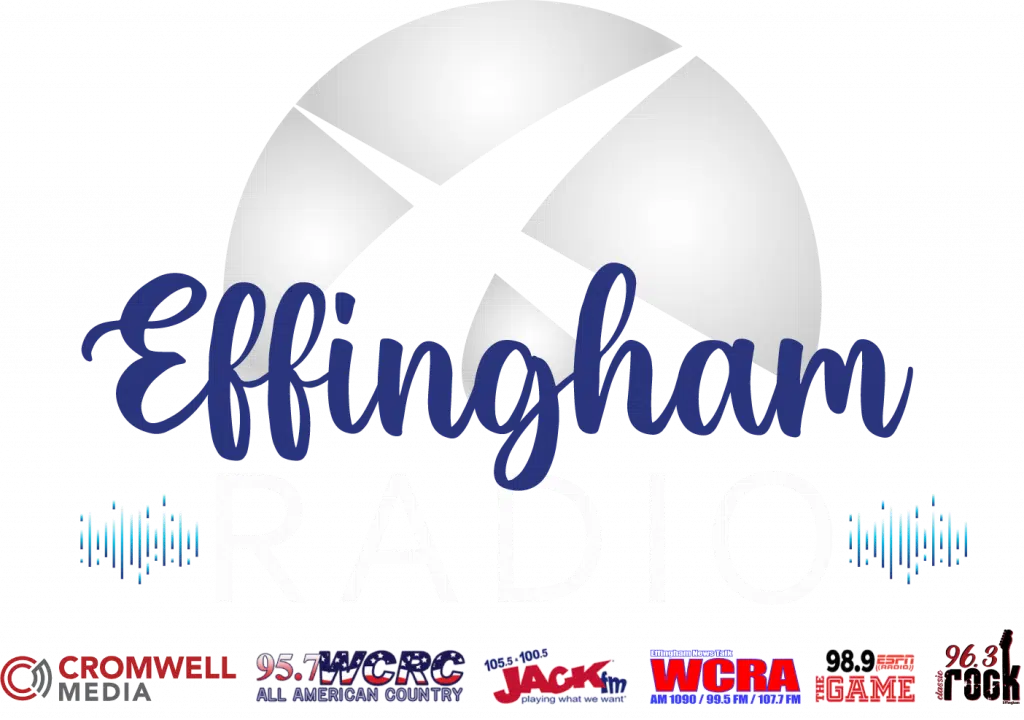
 Effingham, IL -(Effingham Radio)- May is National Stroke Awareness Month; Learn to recognize the signs and symptoms
Effingham, IL -(Effingham Radio)- May is National Stroke Awareness Month; Learn to recognize the signs and symptoms
Every minute a person’s brain is without oxygen due to a stroke, 2 million brain cells die. This can often lead to brain damage, disability, or death.
The Centers for Disease Control and Prevention (CDC) identifies stroke as the third-leading cause of death in Illinois, with more than 6,000 deaths annually.
HSHS St. Anthony’s Memorial Hospital encourages community members to know the most common signs of stroke:
- Sudden dizziness or loss of balance
- Sudden numbness of the face, arm or leg
- Sudden trouble seeing
- Sudden severe headache with no known cause
Getting help quickly is important. Remember the acronym BE FAST:
B – Balance: Ask the person to attempt to stand. Is he or she dizzy?
E – Eye changes: Ask the person to look at you. Does he or she report blurred vision?
F – Face drooping: Ask the person to smile. Does one side droop?
A – Arm weakness: Ask the person to raise both arms. Does one arm drift downward?
S – Slurred speech: Ask the person to repeat a simple sentence. Are the words slurred?
T – Time to call 9-1-1: If the person shows any of these signs, call 9-1-1 immediately.
“Treatment for stroke can begin in the ambulance, so it’s really important to get someone medical assistance as soon as possible,” says Jessica Prange, MD, cardiologist with Prairie Cardiovascular. “Always call 9-1-1 if a stroke is suspected as immediate treatment and early intervention may minimize the long-term effects of stroke.”
In the United States, the CDC says 800,000 people have a stroke every year, however 80% of strokes are preventable by making lifestyle changes to reduce your risk:
- Don’t smoke
- Be physically active
- Control cholesterol
- Control blood pressure
- Maintain a healthy body weight
- Reduce blood sugar
“Because we are all so busy, we all know that eating healthy and being active can really be a challenge sometimes,” said Dr. Prange. “But even harder than that would be living with complications from a stroke, or putting your family through an unnecessary loss, so we need to take any steps we can to become healthier.”
Dr. Prange shared those preventative actions are also important because they are within your control. Other things like age, family history, race and gender are not.
The most common type of stroke is an ischemic stroke, which occurs when blood flow through the artery that supplies oxygen-rich blood to the brain becomes blocked. In the United States, 87% of strokes are ischemic.
A hemorrhagic stroke happens when an artery in the brain leaks blood or ruptures, putting too much pressure on brain cells, which damages them.
If you think someone is having a stroke, call 9-1-1 immediately. For more information about signs, symptoms and how to respond, visit the American Stroke Association or the CDC stroke webpage.
Ready to Care for You
HSHS St. Anthony’s Memorial Hospital is designated as an Acute Stroke Ready Hospital by the Illinois Department of Public Health (IDPH). The Illinois Department of Public Health makes these designations based on the hospital’s ability to meet certain criteria aligned with nationally recognized, evidence-based standards, such as those from the American Heart/Stroke Association and Brain Attack Coalition.
Since 2015, HSHS St. Anthony’s Memorial Hospital has been a member of an emergency room tele-stroke network launched by Hospital Sisters Health System (HSHS) that helps save lives and reduce disabilities. The emergency service, described by doctors as having a “remote presence stroke specialist within minutes at the bedside,” provides instant access to neurology physicians. The remote presence neurologist examines the patient using sophisticated videoconference and other medical equipment, speaks with clinicians and family members, reviews CT scans and other tests, and supports treatment decisions with documentation in the medical record.
For more information about HSHS St. Anthony’s Memorial Hospital, visit St. Anthony’s website at stanthonyshospital.org.
About Hospital Sisters Health System
Hospital Sisters Health System’s (HSHS) mission is to reveal and embody Christ’s healing love for all people through our high-quality Franciscan health care ministry. HSHS provides state-of-the-art health care to our patients and is dedicated to serving all people, especially the most vulnerable, at each of our physician practices and 15 local hospitals in two states – Illinois (Breese, Decatur, Effingham, Greenville, Highland, Litchfield, O’Fallon, Shelbyville and Springfield) and Wisconsin (Chippewa Falls, Eau Claire, Oconto Falls, Sheboygan and two in Green Bay). HSHS is sponsored by Hospital Sisters Ministries, and Hospital Sisters of St. Francis is the founding institute. For more information about HSHS, visit www.hshs.org. For more information about Hospital Sisters of St. Francis, visit www.hospitalsisters.org.








Comments